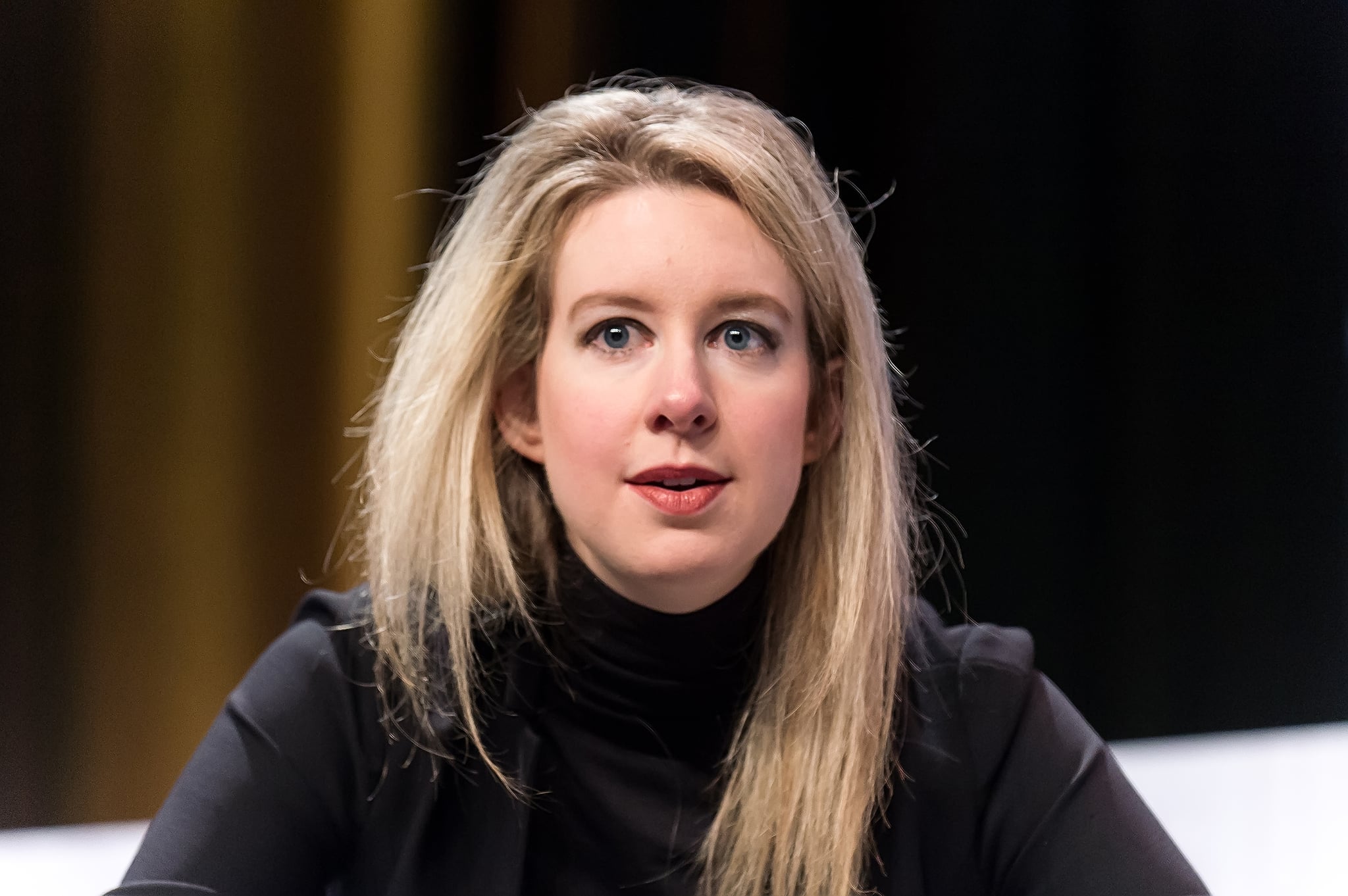What Is Theranos?
After Leaning More About Theranos, There's No Way You Won't Watch HBO's The Inventor

Back in the early 2000s, Theranos was set to be the next big company to disrupt technology, following the steps of Apple and Facebook, promising to democratize healthcare as we know it. But the Palo Alto company, along with its former CEO Elizabeth Holmes, fell from might after journalists uncovered allegations of fraud. Had it not been all fake, Theranos would have radically changed blood testing as we know it (. . . but it was all fake). Here are the shocking details that you should know about the once-multibillion dollar company before (or even after) watching HBO's documentary The Inventor, which traces Holmes's fall from power in Silicon Valley.
As a Stanford college dropout, Holmes started Theranos in 2003, combining the words therapy and diagnosis for her brand. By the end of the next year, she had raised $6 million for her young company, drawing mostly from family friends. Theranos eventually developed a prototype of a device called the Edison, named after the prolific inventor. The product was said to use only the blood from a finger prick to run hundreds of tests that would detect a gamut of diseases — as opposed to deploying a needle syringe and taking much more blood from a vein.
The company was secretive and published virtually no data in peer-reviewed journals to show that it had clinically valid results from their machine. While scientists questioned the details of the biotechnology, investors poured money into Theranos. Its board included political heavyweights like Henry Kissinger and George Shultz, while its founder investors were big names such as Walmart's Walton family and Rupert Murdoch. Theranos would later even partner up with Walgreens to implement its blood-testing technology in stores across the nation. At its most powerful, the company was valued at $9 billion and had 800 employees.
In 2015, its downfall came when, after much research, reporter John Carreyrou published pieces in The Wall Street Journal that questioned the company's Edison device. Carreyrou's investigations revealed that Theranos had been using industrial analysers that already existed to conduct tests since its core product wasn't working. Walgreens sued the company for $140 million in 2016, eventually settling for much less. In 2018, the US Securities and Exchange Commission (SEC) charged Holmes with defrauding investors.
David Taylor, who had taken over Holmes's CEO post in June of that year, announced to shareholders in September that the blood-testing company would dissolve and cease operation. By then, most employees had already been laid off. Holmes has been speaking of a possible redemption for the company, but after she was indicted with two counts of conspiracy to commit wire fraud and nine counts of wire fraud (alongside former Theranos COO and ex-boyfriend Sunny Balwani) in June 2018, it was evident the company was done. If convicted, Holmes and Balwani could face up to 20 years in prison. The trial date has yet to be set as officials are still going over thousands of pages of documentation connected to the case.








